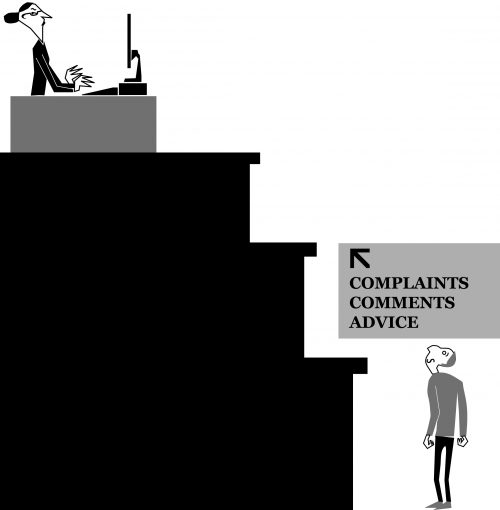We can’t just play along
It’s a fact. People love to consume music and increasingly to have it at their fingertips via streaming sites such as Spotify and Youtube. For those gifted enough to become professional musicians, it is a labour of love to produce music. However, within this love affair – in addition to the fact that the very nature of undertaking this kind of work is both intermittent and incredibly low paid – lies a dichotomy from which stems so many of the issues facing working musicians today.
More than half of Musicians’ Union members earn less than £20,000 a year and around 60% have been expected to – and have undertaken – work for free. Add to this the fact that life as a professional musician also requires a commitment to practice, fundraising and continued professional development which ensures that most musicians, although working, are not always earning. Therefore, the majority have to undertake more than one job. Earning a consistent level of income is unheard of for most and these financial pressures force many professional musicians to stop practicing as they are unable to claim benefits (such as unemployment and other associated benefits) to support them due to their professional status.
Music venues are closing at a rapid rate across the country, often as a result of planning legislation which fails to take into account the cultural needs of our towns and cities by protecting our grassroots live music venues. The results of this often manifest themselves in noise abatement orders and these hugely important cultural spaces, where artists develop new audiences and where audiences discover new music, being threatened with having their licenses revoked, or even closure in more extreme cases. 
The Musicians’ Union have been lobbying, along with partners at the Music Venues Alliance, for the introduction of protective legislation such as the Agent of Change principle, which would ensure that pre-existing venues do not have to fork out for expensive sound proofing in order to satisfy the new neighbours. Similarly, this kind of legislation would protect established residents from any noise emanating from new music venues in the area by enforcing that the new venue mitigates the effects of the ‘noise’.
Recently, legislation has been passed at Westminster which has made some positive steps towards achieving something along these lines. The new regulations mean developers are now required to seek prior approval on noise impacts before a change of use from an office to residential building can be carried out. While we remain hopeful that this is the beginning of a sea change, to date there have been no such developments from the Scottish Government.
Our five National Companies have faced steady cuts in recent years. These have levelled off to an extent this year. However, the Youth Music Initiative has seen a huge 10% cut, after enjoying some years being unaffected by cuts to budget spend in this area.
Local authorities continue to have autonomy over instrumental music provision in schools. However, the disparity between the services provided has never been wider. We know that there is a correlation between music education budgets and participating individuals, which leaves music instructors in somewhat of a precarious situation. Subsequently, instrumental music instruction remains a non-statutory provision – despite the fact that all 32 local authorities choose to provide it. This is not all that surprising, as we know that studying music has a positive impact on other areas of academic learning and yet, we continue to witness cuts to this provision, resulting in a reduction in opportunities at best, and redundancies at worst for instrumental music teachers.
Whilst the Musicians’ Union welcomes the Creative Scotland’s Arts Strategy, it would seem that there are far greater steps which are required to be taken in order to secure and deliver the ambitions which it sets out. Meanwhile, Scottish Labour pledged an end to the cuts to culture and to ‘harness the creativity’ in their 2016 election manifesto, which certainly seems to be in line with the British Labour Party’s Charter for Culture and the Arts. Whilst there is recognition of the economic value of our creative industries and producers across much of the board, perhaps this requires to be taken more seriously as these industries and those who work within them remain vulnerable and their financial futures uncertain.
Caroline Sewell is the Regional Organiser for Scotland and Northern Ireland for the Musicians’ Union


